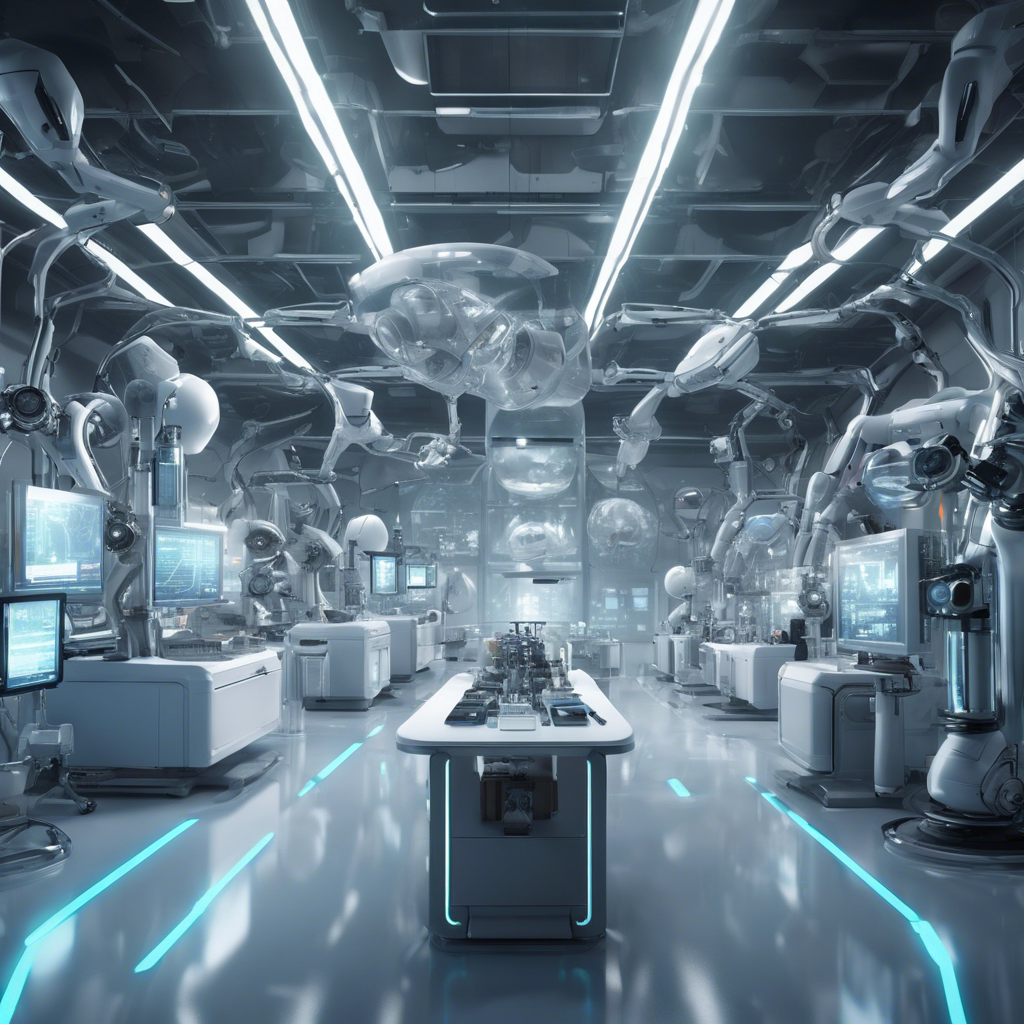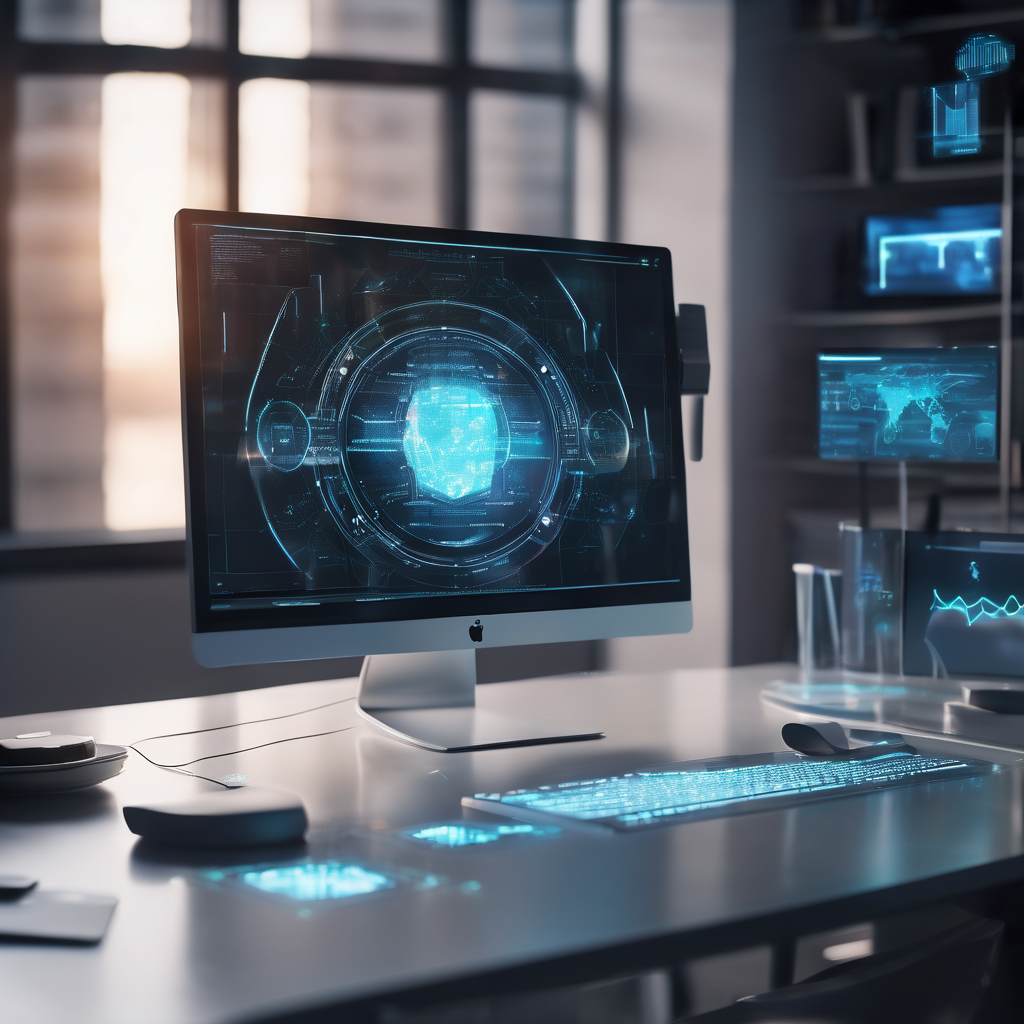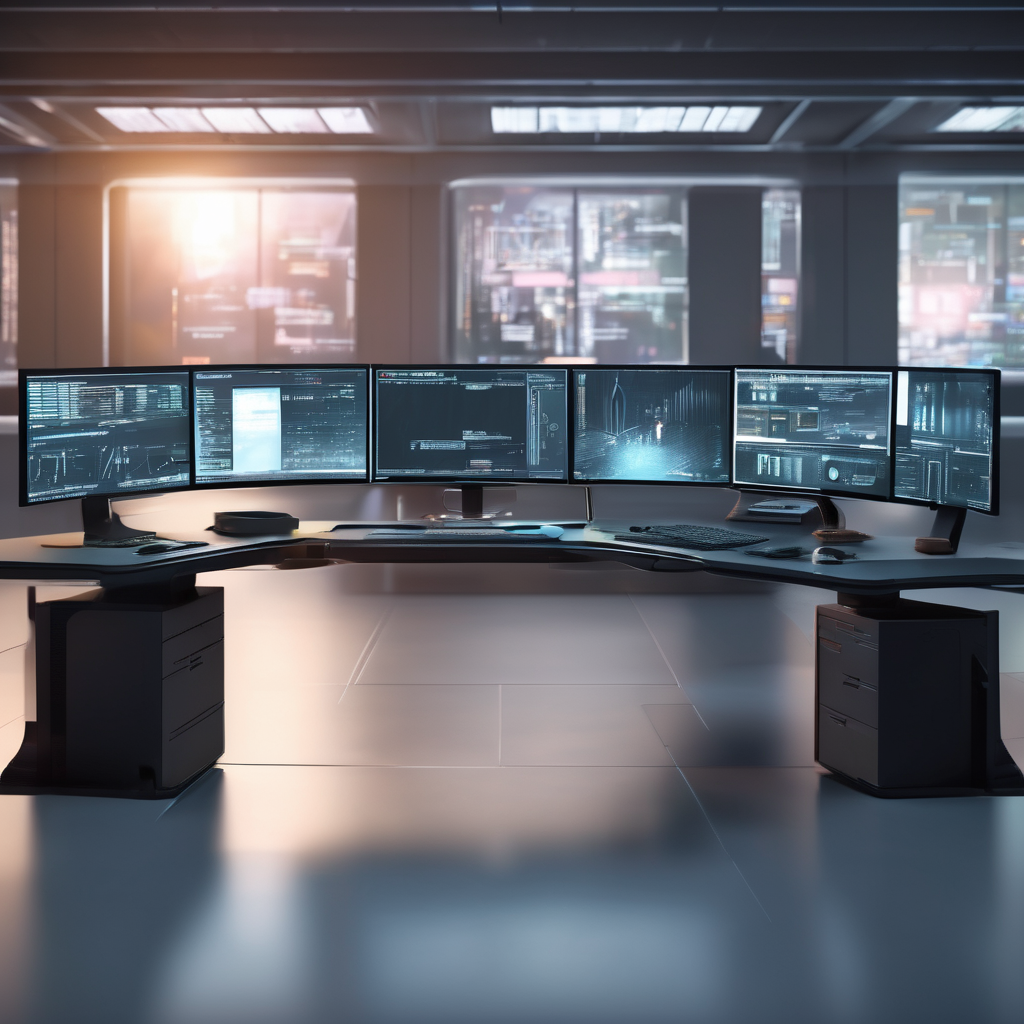
The 2024 Nobel Prizes in Physics and Chemistry highlight the transformative role of artificial intelligence (AI) in scientific discovery, prompting speculation about how Alfred Nobel would perceive these advancements. As AI tools become increasingly integral to research, future Nobel laureates may span a wider array of scientific fields beyond traditional categories such as physics and chemistry. This year’s physics award went to John Hopfield from Princeton and Geoffrey Hinton from the University of Toronto. Despite Hopfield’s background in physics, Hinton transitioned from experimental psychology to AI. The chemistry prize was awarded to biochemist David Baker of the University of Washington and computer scientists Demis Hassabis and John Jumper from Google DeepMind. Hinton’s contributions to machine learning and the backpropagation algorithm, which is essential for training neural networks, significantly impacted the field of AI and related sciences.
Backpropagation underpins the development of technologies like GPT (the basis for ChatGPT), AlphaGo, and AlphaFold, the latter of which resolved a decades-old challenge in protein structure prediction. For the last several iterations of the Critical Assessment of Structure Prediction (CASP) contest, participants have increasingly relied on DeepMind’s AlphaFold, illustrating the connection from Hinton’s algorithm to major advancements in protein modeling. Baker’s work with the Rosetta program also presents exciting prospects for novel protein creation. The question of credit attribution for Nobel prizes remains contentious, especially as scientific achievements often involve multiple collaborators and teams. The 2024 awards may ignite discussions regarding recognition for the backpropagation algorithm and the broader implications of attributing discoveries to a specific discipline. Moreover, with the rise of AI’s role in research, distinguishing between human and artificial contributions may prove challenging. This raises the possibility that machines could eventually assume roles traditionally held by scientists, potentially leading to distinct categories for AI-driven achievements in future Nobel recognitions.
AI's Impact on 2024 Nobel Prizes: Physics & Chemistry Highlights


The integration of artificial intelligence (AI) into search engine optimization (SEO) is driving a transformative shift in the digital marketing arena, bringing both considerable challenges and exciting opportunities for professionals in the field.

SalesAi recently conducted two extensive studies to explore the transformative effects of artificial intelligence (AI) on revenue generation, sales efficiency, and overall business growth.

Artificial intelligence (AI) platforms like ChatGPT have become trusted companions for millions of teenagers, generating human-like responses.

Predis.ai is an innovative AI-powered platform transforming how businesses create and manage social media content and advertising creatives.

In the rapidly changing field of digital content creation, artificial intelligence is becoming increasingly crucial.

As the digital landscape rapidly grows, online platforms face increasing difficulties in managing the enormous volume of video content uploaded daily.

The complexity and opacity of modern digital advertising platforms, especially Meta Ads, have become major concerns in the marketing community.
Automate Marketing, Sales, SMM & SEO

and get clients on autopilot — from social media and search engines. No ads needed
and get clients today